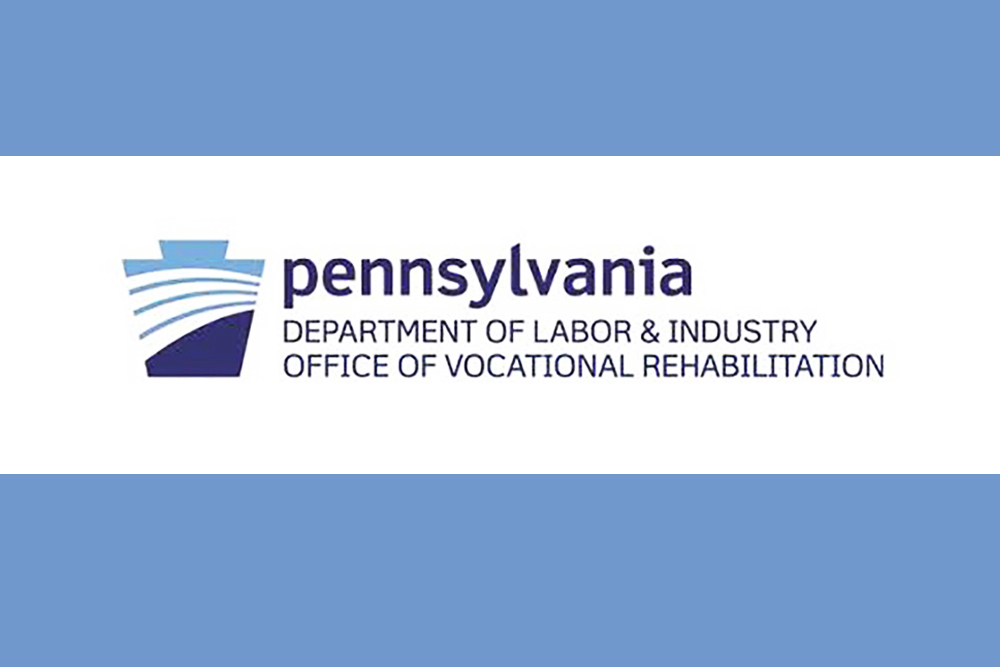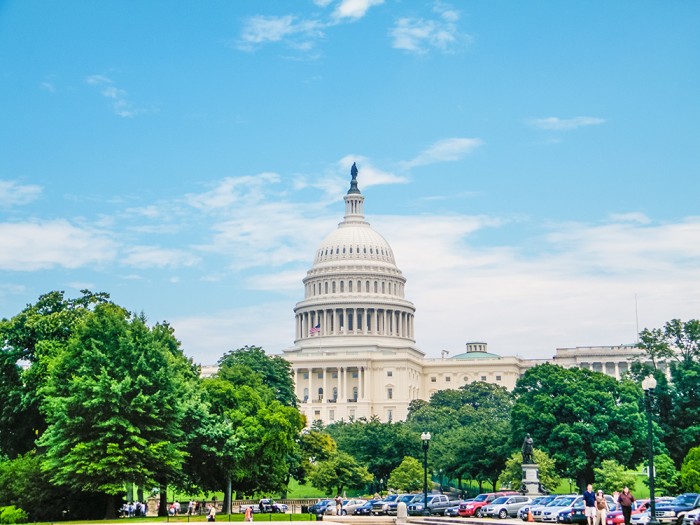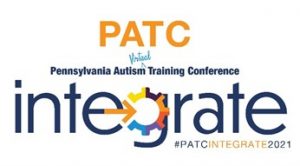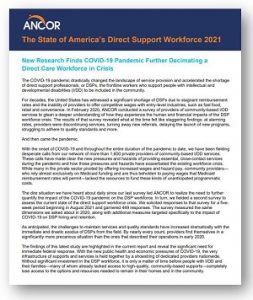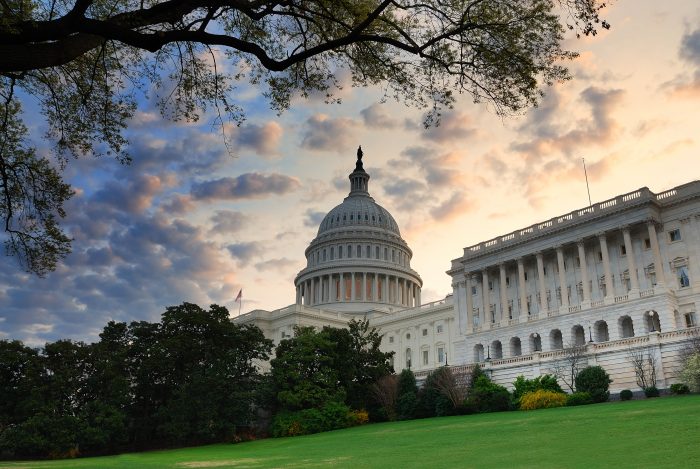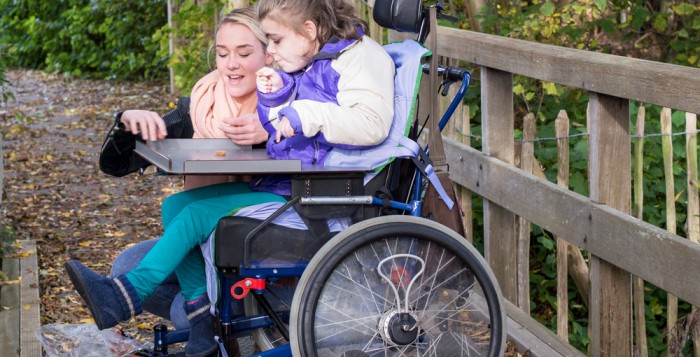ANCOR Urges All Members to Take the Following Action:
The Ask: Use our action tool to insist that your members of Congress fully fund the $400 billion investment in Medicaid Home and Community-Based Services (HCBS) in the budget reconciliation package.
The Details: Congress is currently negotiating its budget reconciliation bill, which could include an investment of billions of dollars in the HCBS program. The House version of the bill included $190 billion in the HCBS program, falling far short of the promise President Biden made in his American Jobs Plan to invest $400 billion in HCBS and failing to meet the funding level outlined in the Better Care Better Jobs Act.
While we celebrate this historic investment in the HCBS program, the level of financing is insufficient to sustain access and stabilize the direct care workforce. The dire conditions facing our nation’s direct care workforce demand a greater investment.
Why It Matters: A $400 billion investment in dedicated support for HCBS is essential for building a sustainable HCBS infrastructure that can begin addressing the magnitude of unmet need in our communities, and frankly, increased funding for HCBS can’t wait any longer. Not only does investing in this program enjoy wide bipartisan support—81% of voters want to see this funding in the reconciliation bill—but ANCOR’s recent research shows how badly community services need resources to stabilize a workforce in crisis.
Our new report, The State of America’s Direct Support Workforce Crisis 2021, reveals deep concerns from our providers, including:
- 92% of providers report that the pandemic continues to inhibit their ability to recruit and retain workers; the majority of these respondents point to the fact that industries that previously paid comparable wages now pay employees more than they can afford to do.
- 77% of providers have had to stop accepting new referrals due to high turnover or lack of staff.
- 58% of providers have had to discontinue programs or services due to high turnover or lack of staff.
- 84% of providers have had to delay the launch of new programs or the opening of new homes due to high turnover or lack of staff.
- 81% of providers report difficulties achieving required quality standards due to high turnover or lack of staff.
The findings of this survey reveal the significant need for an immediate federal response. As the House and Senate continue to move this historic legislation and enter negotiations on the final package, it’s essential that every member of Congress hears from you now.

